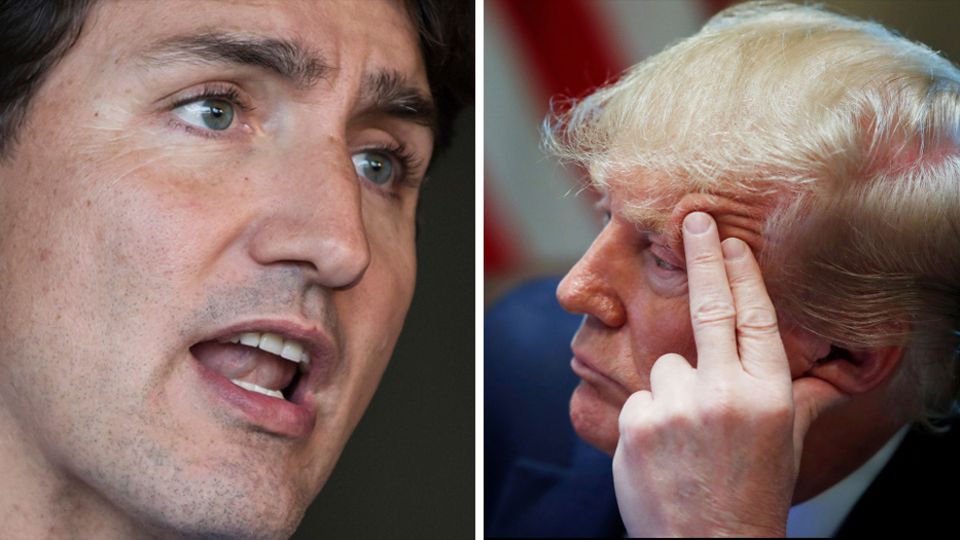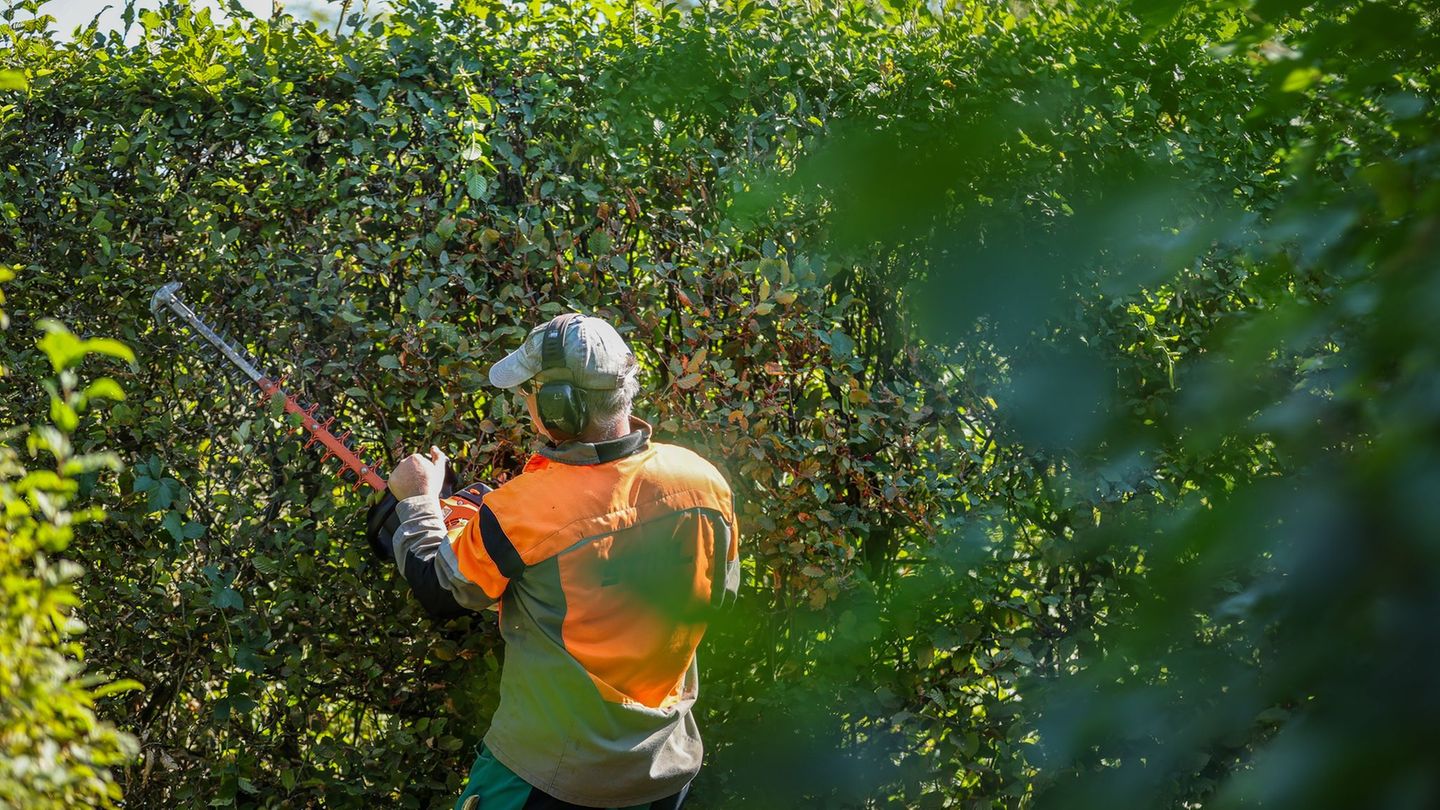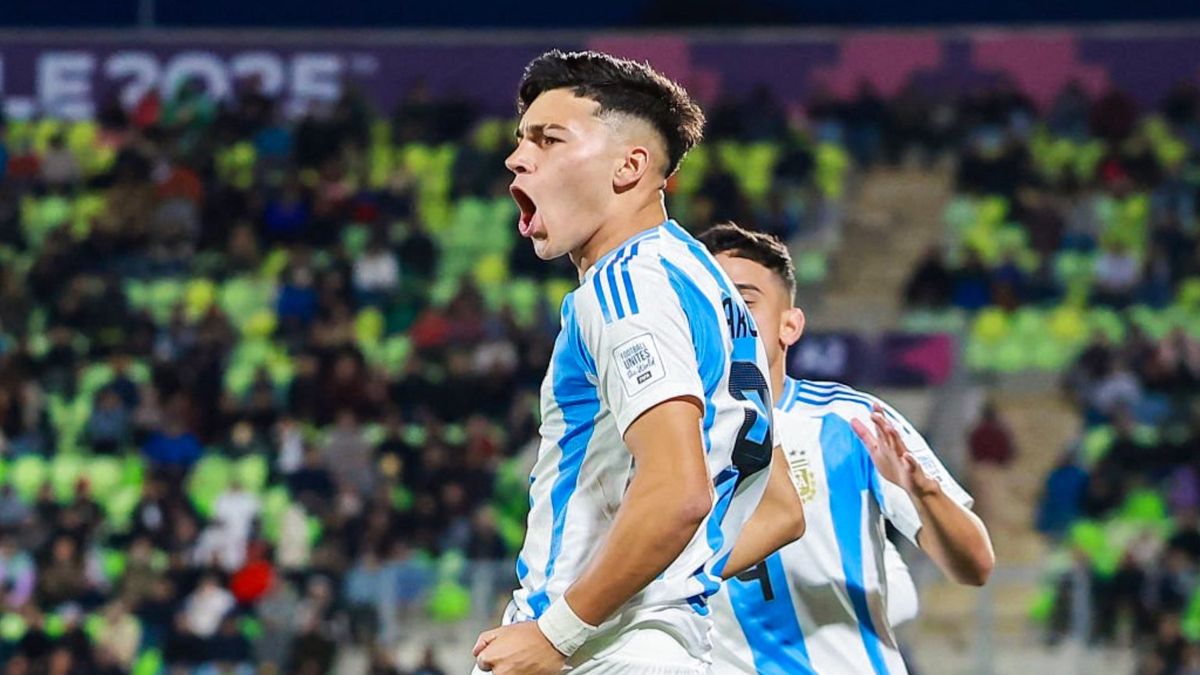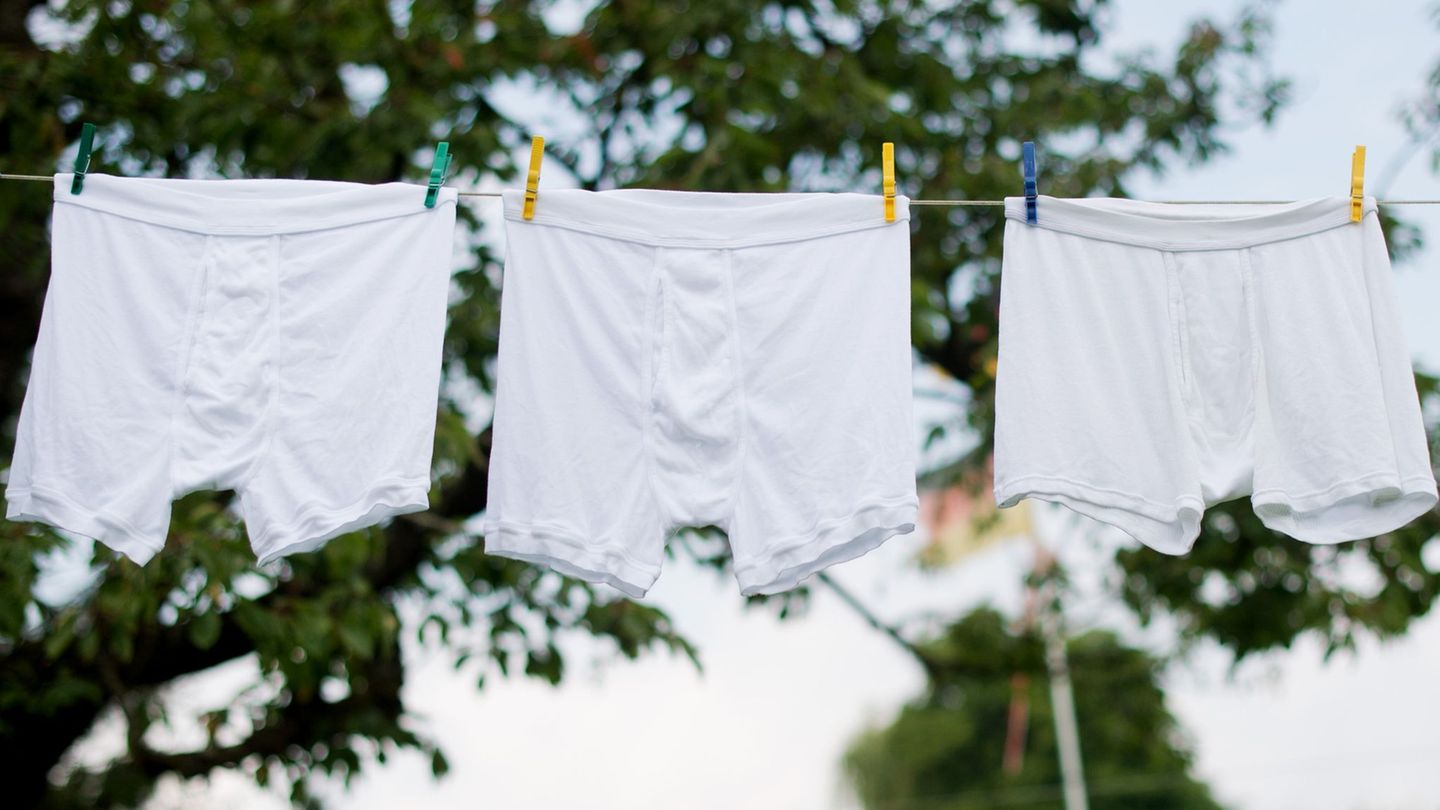For a long time he was seen as a political figure of light, the majority of the population will no longer be on Trudeau’s side before the new elections. Opponents accuse him of hunger for power, political scientists see his promises not kept. Still, Trudeau could start another term.
The voice from the loudspeakers drowns out everything, but Justin Trudeau pretends not to hear the demonstrators. “You are not our prime minister. You never were and you never will be”, it echoes up to the entrance of the history museum near Ottawa, in which Trudeau – protected by his bodyguards – appears for the last debate of the top candidates. With the new election he called on September 20, he wanted to reach for an absolute majority and hoped for a tailwind because of his comparatively successful corona policy and the high vaccination rate.
The polls see the liberals in the second largest country in the world in terms of area, but with about the same lead in seats over the conservatives as in the current minority government. Instead, it is not just the right-wing demonstrators in front of the museum – part of a small but noisy minority – who are more and more suffering from the power play and the political staging of Trudeau.
Opponent accuses Trudeau of lust for power
In view of a fourth corona wave, many of the 38 million Canadians are wondering whether expensive and potentially health-endangering new elections are really necessary – Trudeau did not provide a clear answer and appears power-hungry instead of diligent. Conservative top candidate Erin O’Toole stabs the wound in the TV debate: “You have put your own political interests above the welfare of thousands of people. Leadership means putting others first, not yourself.”
Analyst David Coletto believes Trudeau may have gambled himself away: “I think there is an internal struggle in people’s minds not to reward the prime minister for calling this election”. Peter Donolo, political commentator and former spokesman for Liberal Prime Minister Jean Chrétien, sees the power game as a symbol: “This is a kind of Trudeau in its purest form, it’s like a distillation of what you don’t like about him.”
Donolo alludes to one of the head of government’s biggest problems after six years in office: his credibility and being more than just a showman with (too) perfectly rehearsed press statements. In 2015, Trudeau kicked Conservative Stephen Harper out of office with a historic victory. At that time Trudeau promised “sunny paths” – more lightness, modernity and youth. It may be in the nature of day-to-day government business that it fades in the face of painful compromises and political defeat.
Playful trust due to promises not kept
Trudeau and many Canadians did not seem to have expected the hatred that some right-wingers in particular faced the prime minister in the otherwise so tranquil election campaign. They are calling for an end to the corona restrictions and are defending themselves against the mandatory vaccinations that are being discussed. The high points of the loud protests marked the breaking off of an event by Trudeau and an attack with pebbles on the 49-year-old.

“He ran as a candidate for the political generation change to do politics differently. For a while people believed that, then things pent up and they didn’t believe it more or less,” said political expert David Moscrop, analyzing sentiment over the right out. Of course there were successes such as the legalization of cannabis, but Trudeau was unable to keep some full-bodied promises such as electoral reform, and scandals and resignations by female ministers scratched his image as a self-proclaimed feminist.
“He’s wrong in the sense that he’s trying to sell a progressivism that doesn’t always work,” explains Moscrop. The Liberals also got off to a bumpy start in the election campaign and had problems adequately addressing the greatest future issues for Canadians – rising living costs, health care and the climate crisis. In the TV debate, Trudeau came under pressure accordingly and did not always appear confident.
Electoral system could give Trudeau another victory
On the stage, the conservative O’Toole, who wants to accommodate the moderate Canadians with a policy of the center and convinces with his “harmlessness”, as commentator Donolo says, scored points – in addition to the hopeless Greens chairman Annamie Paul. O’Toole mentions at every opportunity that he is a supporter of the LGBTQ community and not an anti-abortionist. Jagmeet Singh, head of the more left-wing New Democrats, is also popular and can convince in the debates.
The only problem is that the electoral system has made many Canadians shy away from voting for Singh. In 338 constituencies, only the candidate who has the most votes comes into parliament. There are only a few dozen contested and therefore electoral districts, especially in the outskirts of the major cities of Toronto, Montreal and Vancouver – comparable to the American swing states. The system suits Trudeau: with around 35 percent of the vote, he could win an absolute majority of the seats.
So far, Peter Donolo does not see a repetition of the fat first four years with an absolute majority for Trudeau. The recently discovered remains of more than 1,000 indigenous people near former re-education institutions weigh too heavy for that. Trudeau, who personally cannot help with the crimes against the Canadian natives, apologized and from then on let all flags fly at half-mast on public buildings. “I keep seeing this contrast between choosing the ‘sunny paths’ and choosing half-mast,” sums up Donolo.
David William is a talented author who has made a name for himself in the world of writing. He is a professional author who writes on a wide range of topics, from general interest to opinion news. David is currently working as a writer at 24 hours worlds where he brings his unique perspective and in-depth research to his articles, making them both informative and engaging.




